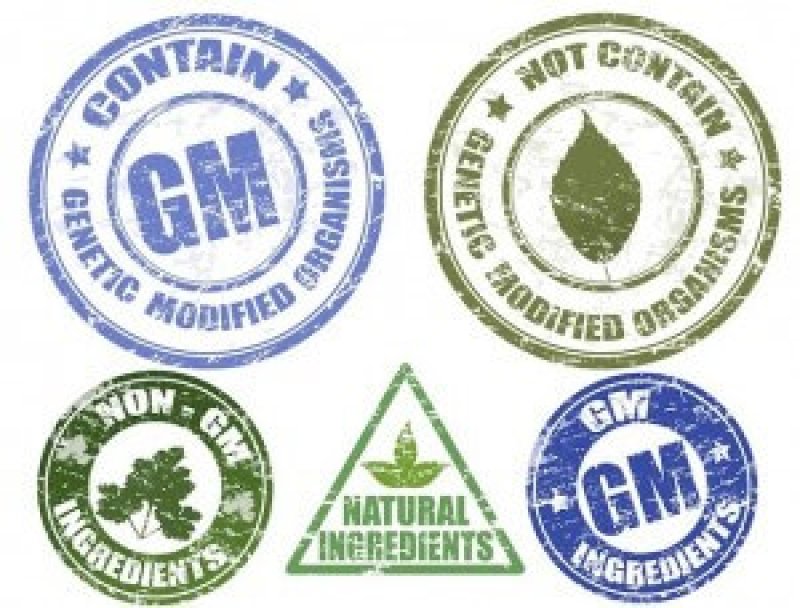In a forthcoming paper, Harvard Law School Professor and former OIRA Administrator Cass Sunstein argues that USDA will face a significant challenge in presenting the costs and benefits that justify mandatory labeling for GMOs.
. . . .
Although determining the costs of mandatory labeling of GMOs will be, on the whole, fairly straightforward, the process is likely to be contentious. …[C]osts to the consumer, such as the loss of enjoyment from discovering that their favorite food contains GMOs, are difficult to ascertain. However, because the cost of reading the label is unlikely to be very high, Sunstein suggests that USDA could provide an upper or lower bound for the cost, or simply assert that the cost will not be large.
Determining the benefits of mandatory GMO labeling will be a much more difficult endeavor.
Clashing with general public opinion, the scientific community, is in general agreement that foods containing GMOs do not present greater health risks than foods with no GMOs, although that consensus is not without challenge
In fact, Sunstein argues that using health concerns to justify GMO labeling could end up being a disservice to consumers. Doing so could reinforce misconceptions about the safety of GMOs. Instead, says Sunstein, USDA should aim to clarify the health standing of foods containing GMOs.
Given the general scientific consensus that GMOs present no health risks, USDA may have to rely on addressing ecological concerns—for instance, “threats to nontarget organisms … and threats to biodiversity”—to justify GMO labeling. However, Sunstein does not think this will be an easy task.
The GLP aggregated and excerpted this blog/article to reflect the diversity of news, opinion and analysis. Read full, original post: The Uncertain Benefits of GMO Labeling































